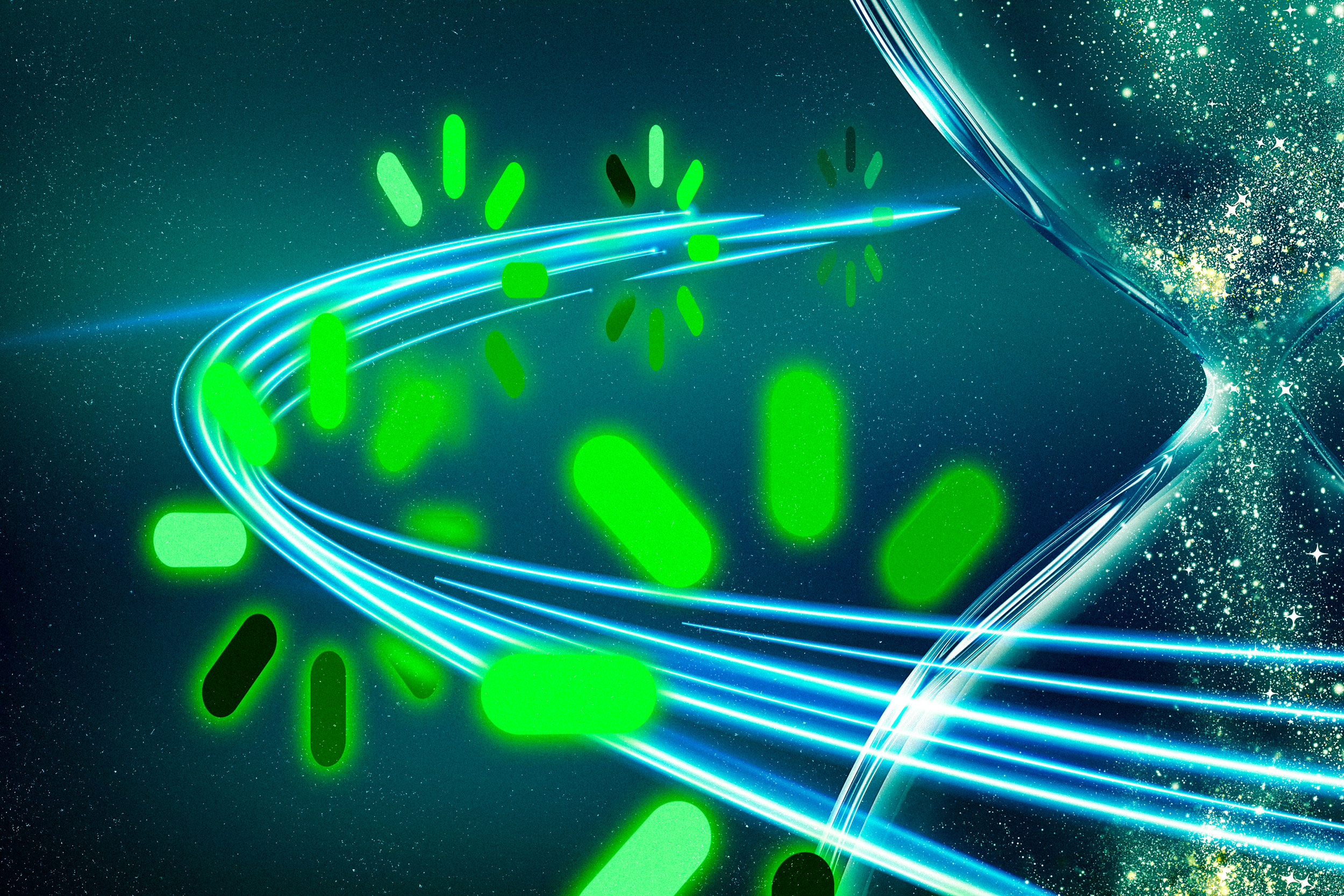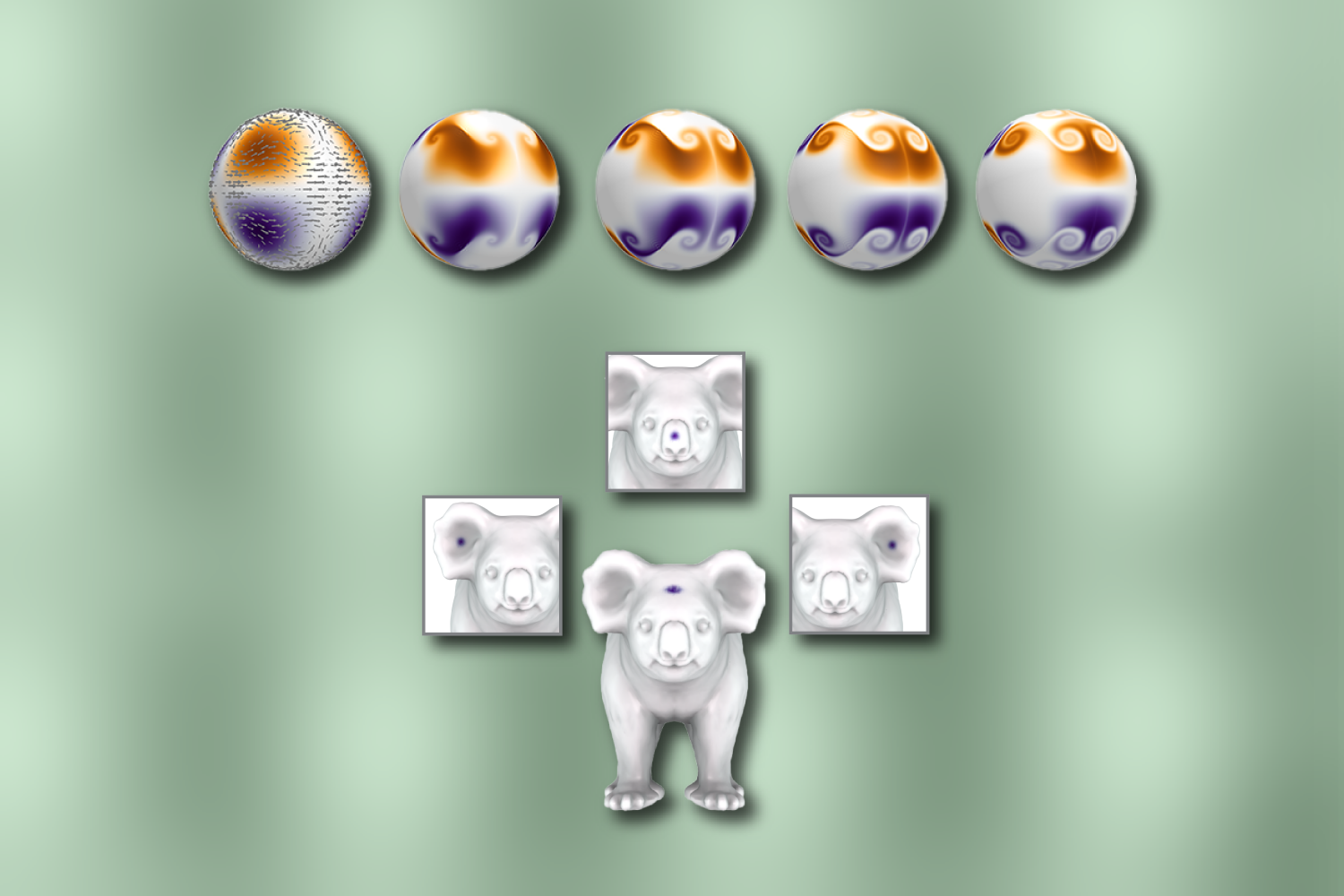Australian authorities launch investigation into explicit AI deep fakes
Police in Australia launched an investigation into the distribution of AI-generated pornographic images of around 50 schoolgirls, with the perpetrator believed to be a teenage boy. In an interview with ABC on Wednesday, Emily, the mother of a 16-year-old girl attending Bacchus Marsh Grammar, revealed that her daughter was physically sickened after viewing the “mutilated” images online. “I collected my daughter from a sleepover, and she was extremely distressed, vomiting because the images were incredibly graphic,” she explained to ABC Radio Melbourne. The school issued a statement declaring its commitment to student welfare, noting that it’s offering counselling and cooperating The post Australian authorities launch investigation into explicit AI deep fakes appeared first on DailyAI.

Police in Australia launched an investigation into the distribution of AI-generated pornographic images of around 50 schoolgirls, with the perpetrator believed to be a teenage boy.
In an interview with ABC on Wednesday, Emily, the mother of a 16-year-old girl attending Bacchus Marsh Grammar, revealed that her daughter was physically sickened after viewing the “mutilated” images online.
“I collected my daughter from a sleepover, and she was extremely distressed, vomiting because the images were incredibly graphic,” she explained to ABC Radio Melbourne.
The school issued a statement declaring its commitment to student welfare, noting that it’s offering counselling and cooperating with the police.
“The wellbeing of our students and their families at Bacchus Marsh Grammar is a top priority and is being actively addressed,” the school stated.
This comes as the Australian government is pushing for stricter laws for non-consensual explicit deep fakes, increasing prison sentences for generating and sharing CSAM, AI-generated or otherwise, to up to seven years.
Explicit deep fakes on the rise
Experts say online predators frequenting the dark web are increasingly harnessing AI tools – specifically text-to-image generators like Stability AI – to generate new CSAM.
Disturbingly, these CSAM creators sometimes fixate on past child abuse survivors whose images circulate online. Child safety groups report finding numerous chatroom discussions about using AI to create more content depicting specific underage “stars” popular in these abusive communities.
AI enables people to create new explicit images to revictimize and retraumatize the survivors.
“My body will never be mine again, and that’s something that many survivors have to grapple with,” Leah Juliett, an activist and CSAM survivor, recently told the Guardian.
An October 2023 report from the UK-based Internet Watch Foundation uncovered the scope of AI-generated CSAM. The report found more than 20,000 such images posted on a single dark web forum over a month.
Experts say the images, often indecipherable from authentic photos, depict deeply disturbing content like the simulated rape of infants and toddlers.
Last year, a Stanford University report revealed that hundreds of real CSAM images were included in the LAION-5B database used to train popular AI tools. Once the database was made open-source, experts say the creation of AI-generated CSAM exploded.
Recent arrests demonstrate the issue is not theoretical. In April, a Florida man was charged for allegedly using AI to generate explicit images of a child neighbor.
Last year, a North Carolina man – a child psychiatrist of all people – was sentenced to 40 years in prison for creating AI-generated child pornography from his patients.
And just weeks ago, the US Department of Justice announced the arrest of 42-year-old Steven Anderegg in Wisconsin for allegedly creating more than 13,000 AI-generated abusive images of children.
Current laws are not enough, say lawmakers and advocates
While most countries already have laws criminalizing computer-generated CSAM, legislators want to strengthen regulations.
For example, in the US, a bipartisan bill has been introduced to allow victims to sue creators of explicit non-consensual deep fakes.
Some gray areas remain to be addressed where it’s difficult to determine precisely what laws such activities break.
For example, in Spain, a young student was found spreading explicit images of class members generated with AI. Some argued that this would fall under pedophilia laws, leading to harsher charges, whereas others said it couldn’t fulfill all the criteria under the current law.
A similar incident happened at a school in New Jersey, showing how children might be using these AI tools naively and exposing themselves to extreme risks in the process.
Tech companies behind AI image generators prohibit the use of their tools to create illegal content. However, numerous powerful AI models are open-source and can be run privately offline, so the box cannot be closed.
Moreover, much of the criminal activity has also shifted to encrypted messaging platforms, making detection even harder.
The post Australian authorities launch investigation into explicit AI deep fakes appeared first on DailyAI.

.jpg)





















